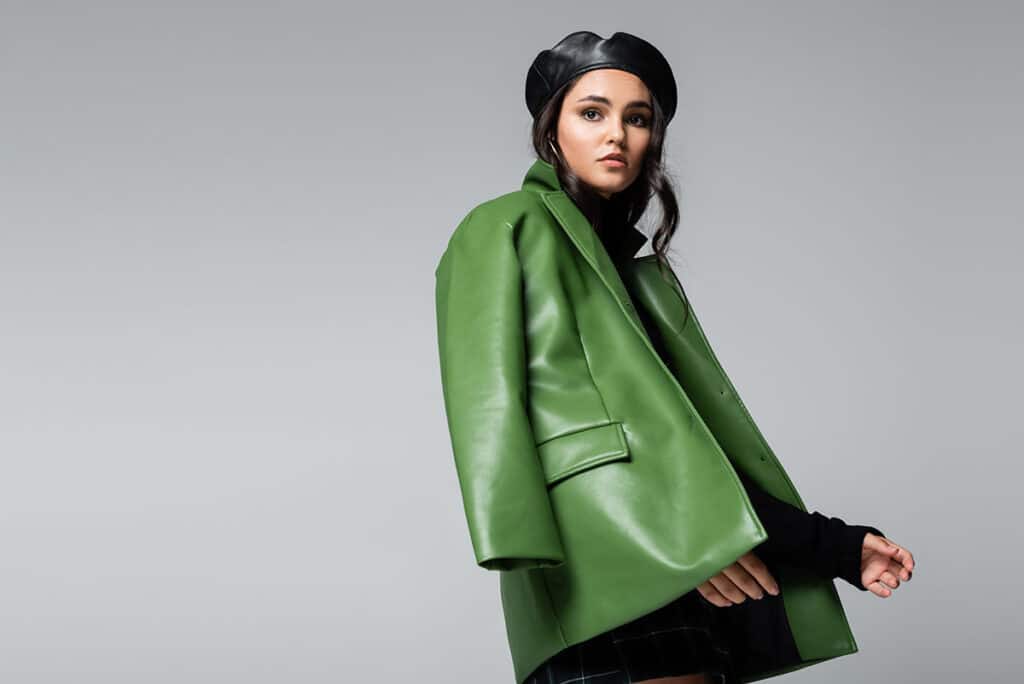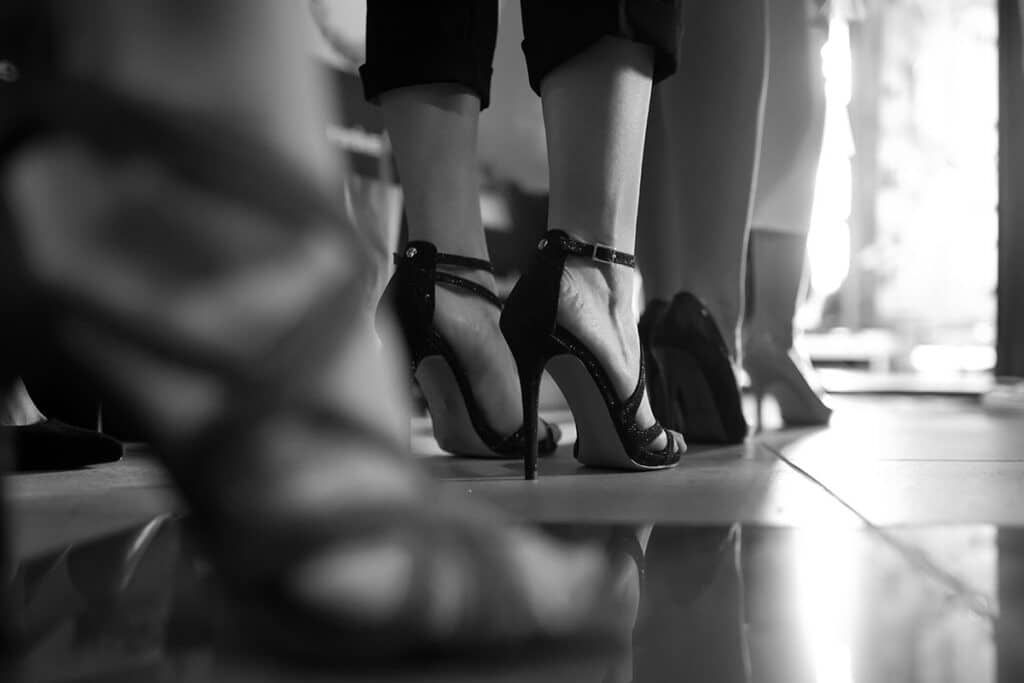Sustainable Modelling: Embracing Eco-Friendly Practices in the Fashion Industry
No Comments • Uncategorized • By Melissa

In recent years, a transformative wave has swept through the fashion industry, compelling both consumers and industry leaders to reconsider their approach to design, production, and consumption. This shift is rooted in the urgent need for sustainable, as the environmental impacts of the fast fashion era become increasingly evident.
In this article, we will explore the growing importance of eco-friendly practices in the fashion industry, the rise of sustainable alternatives, and the pivotal role technology plays in reshaping the way we perceive and participate in fashion.

The Rise and Fall of Fast Fashion
Fast fashion, once the reigning monarch of the fashion industry, offered consumers affordable, trend-driven clothing at a rapid pace. However, it came at a significant environmental cost. The overconsumption of cheap, disposable clothing led to a staggering increase in textile waste, water pollution, and exploitative labour practices.
As consumers become increasingly conscious of the ecological ramifications of their choices, the allure of fast fashion has started to wane. A growing awareness of the need for sustainable practices has paved the way for a more responsible and mindful approach to fashion.

The Shift Towards Sustainability
In response to the environmental crisis, a rising tide of sustainable fashion has emerged. This new era places emphasis on responsible sourcing, ethical production, and longevity in design. Sustainable fashion is not merely a trend but a fundamental transformation of the industry, encouraging consumers to make mindful choices that extend beyond the immediate allure of a garment.
Educating Consumers
While the shift towards sustainability is encouraging, fostering lasting change requires widespread education. Consumers must be informed about the environmental impact of their fashion choices and empowered to make more sustainable decisions. Sustainable fashion should be seen as an investment in quality, durability, and ethical production practices.
Fashion brands also play a pivotal role in this educational process. By transparently sharing information about their supply chains, sourcing methods, and environmental initiatives, brands can build trust with consumers committed to making eco-conscious choices.

Models Being Eco-Friendly
Models are increasingly leveraging their influence to champion eco-friendly choices within the fashion industry. As the public eye scrutinises the environmental impact of the fashion world, models are stepping into the spotlight as advocates for sustainable practices. Many renowned models have embraced the ethos of responsible fashion, incorporating eco-friendly brands into their wardrobes and aligning themselves with environmentally conscious campaigns. Their choices resonate beyond the runway, sending a powerful message that extends far beyond aesthetics. By using their platforms to promote ethical fashion and collaborating with sustainable brands, models are contributing to a cultural shift that goes beyond the superficial, encouraging consumers to make choices that align with a more eco-conscious lifestyle. In this way, models are not only defining the trends but are also becoming influential ambassadors for a fashion industry that embraces sustainability as a guiding principle.

The fashion industry’s journey towards sustainability is an essential evolution. As consumers increasingly embrace eco-friendly practices, we are reshaping the way we perceive, purchase, and dispose of clothing. Sustainable modelling is not merely a trend; it is a collective commitment to a more responsible and ethical approach to fashion—one that ensures a harmonious coexistence between style, commerce, and the planet.









